Update: Please note the change in venue due to high degree of interest in the talk – Shelley Lecture Theatre (Poole House)
We would like to invite you to the latest research seminar of the Centre for Games and Music Technology Research.
Title: Art, War and Peace
Speaker: Nigel Osborne
Composer

Time: 2:00PM-3:00PM
Date: Wednesday 25 April 2018
Room: Shelley Lecture Theatre (Poole House)
Abstract:
The presentation begins with an overview of the relationship between art, war and peace, from Sun Tzu and Ancient Greek and Chinese celebration of war in art to the war poets and musicians of the First and Second World Wars, and then on to the work of activists such as Janusz Korczak (Henryk Goldszmit) in the Warsaw Ghetto and Friedl Dicker-Brandeisova in Terezin (Theresienstadt).
The presentation then examines three case studies in detail, including film and Audio clips – 1. art as opposition to conflict (The Cellist of Sarajevo, the Obala Gallery) 2. art in reconciliation (the case of a young musician who re-united the young people of a city divided by war) 3. art as trauma therapy (a group of children in Syria, a group of abused women in Bosnia)
Biography:
Nigel Osborne MBE BA BMus (Oxon) DLitt FRCM FEIS FRSE, Emeritus Professor of Music and Human Sciences at the University of Edinburgh is a composer, teacher and aid worker. His works have been performed around the world by major orchestras and opera houses, such as the Vienna Symphony, Los Angeles Philharmonic, Berlin Symphony, Glyndebourne and the Royal Opera House. He has received, among many awards, the Netherlands Gaudeamus Prize, the Opera Prize of the Radio Suisse Romande and Ville de Geneve and the Koussevitzky Award of the Library of Congress Washington. He also works in popular music, theatre and film and has a special interest in Arabic, Indian and Chinese music.
He studied composition at Oxford with Egon Wellesz, the first pupil of Arnold Schoenberg, and in Warsaw with Witold Rudzinski, and worked in major studios such as the Polish Radio Experimental Studio and at IRCAM in Paris. He has worked as a sailor, school teacher, health worker, aid worker and university teacher, holding a lectureship and Special Professorship at Nottingham University (1978-1987), the Reid Chair and Dean of the Faculty of Music at Edinburgh University (1989-2012), a guest Senior Professorship (C4) at the University of Hannover (1996-98) and Head of Faculty for the Vienna-Prague- Budapest Summer Academy (ISA) (2007-2014). He is currently Professor Emeritus at Edinburgh University, visiting Professor in the Drama Faculty of Rijeka University, Consultant to both the Chinese Music Institute, Peking University and the Royal Conservatoire, Bangkok, and has worked as visiting lecturer and examiner in a wide range of universities, ranging from Harvard, UCLA and CalArts to Oxford, the Sorbonne and Bologna.
As a teacher he has worked at all levels of learning, from nursery education to postdoctoral supervision, and continues to work in special education development in places as diverse as Scotland, Sweden, Croatia and India. He was awarded both the Queen’s Prize and Music Industry Prize for innovation in education, and was recently made Honorary Fellow of the Educational Institute of Scotland.
He has pioneered methods of using music and the creative arts to support children who are victims of conflict. This approach was developed during the war in Bosnia-Herzegovina (1992-95), and since then the work has been implemented widely in the Balkan region, the Caucasus (Chechnya), the Middle East (Palestine, Syria and Lebanon), East Africa and South East Asia. He was also awarded the Freedom Prize of the Peace Institute, Sarajevo, for his work for Bosnian children during the siege of the city.
He has worked actively in many human rights initiatives, including the Committee for the Defence of the Workers in Poland (1970-89), Citizens’ Forum (with Vaclav Havel) in former Czechoslovakia (1987- 89), for Syrian refugee support organisations and directly for the Government of Bosnia- Herzegovina during the genocide.
He is advisor to Oliver Sachs’ Institute for Music and Neurologic Function at Beth Abraham Hospital, The Bronx, NYC, and in 2012-14 served as co-Chair of the Global Agenda Committee for Arts in Society for the World Economic Forum.
In recent months he has been working on an opera/film with Ulysses Theatre and Paradiso Films on the Cambridge spies, a musical/ecological work for Khazanah, Kuala Lumpur, a cantata based on the experiences of refugees and on an orchestral version of the Beatles’ Sgt Pepper, to mark the 50th anniversary of the issue of the album (June 2017).
Nigel is working with Opera Circus on a new chamber opera, Naciketa, with libretto by Ariel Dorfman. The premiere will be at the Queen Elizabeth Hall, Southbank London in May 2020.
In December 2017 Nigel Osborne was presented with the British Composer Award UK for Inspiration (in association with the Music Publishers Association) by Opera Circus Artistic Director, Tina Ellen Lee.
We hope to see you there.

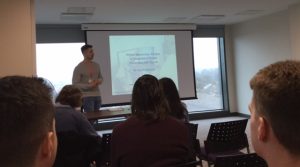
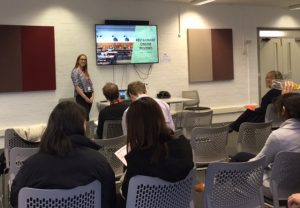


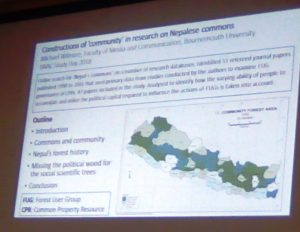
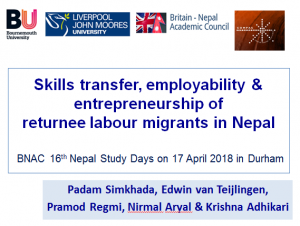
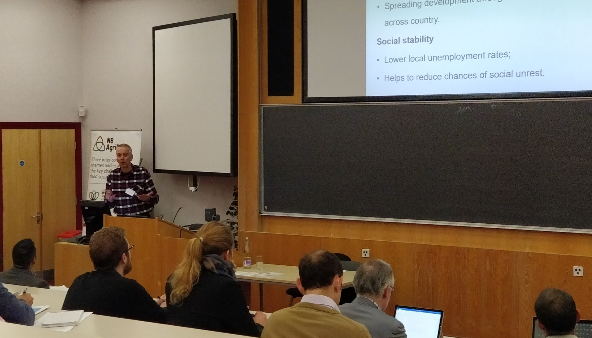

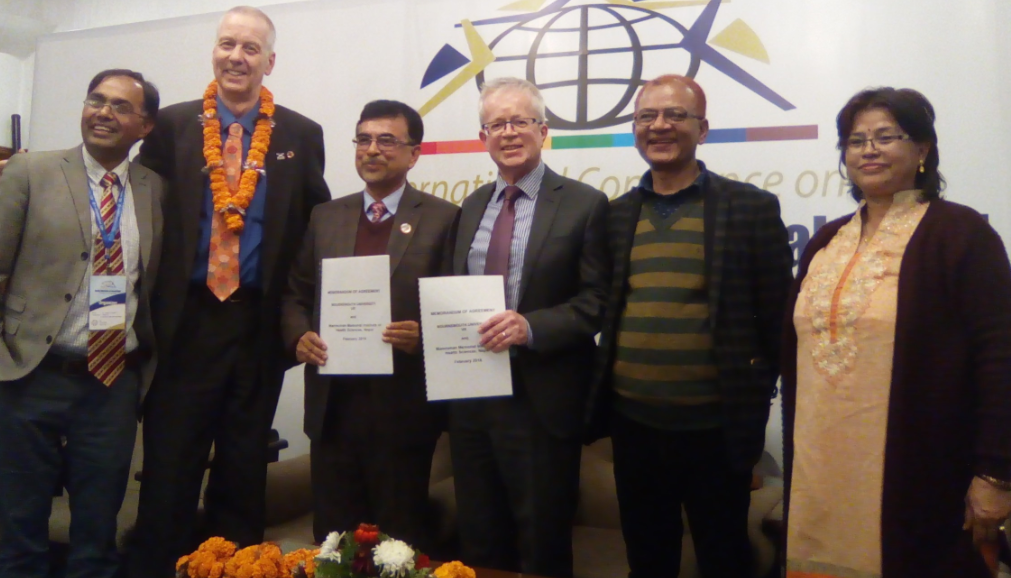



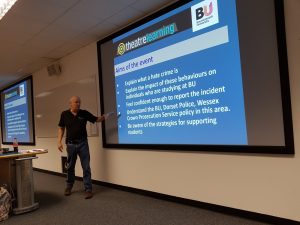
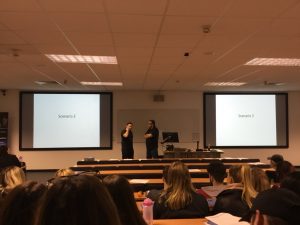
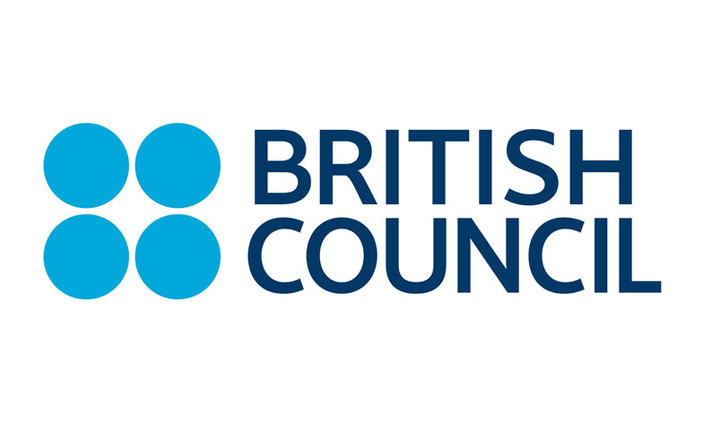














 On Christmas Day in the Morning…
On Christmas Day in the Morning… New Nepal scoping review on maternal & neonatal health
New Nepal scoping review on maternal & neonatal health Fourth INRC Symposium: From Clinical Applications to Neuro-Inspired Computation
Fourth INRC Symposium: From Clinical Applications to Neuro-Inspired Computation Writing policy briefs
Writing policy briefs ECR Funding Open Call: Research Culture & Community Grant – Application Deadline Friday 12 December
ECR Funding Open Call: Research Culture & Community Grant – Application Deadline Friday 12 December MSCA Postdoctoral Fellowships 2025 Call
MSCA Postdoctoral Fellowships 2025 Call ERC Advanced Grant 2025 Webinar
ERC Advanced Grant 2025 Webinar Horizon Europe Work Programme 2025 Published
Horizon Europe Work Programme 2025 Published Horizon Europe 2025 Work Programme pre-Published
Horizon Europe 2025 Work Programme pre-Published Update on UKRO services
Update on UKRO services European research project exploring use of ‘virtual twins’ to better manage metabolic associated fatty liver disease
European research project exploring use of ‘virtual twins’ to better manage metabolic associated fatty liver disease